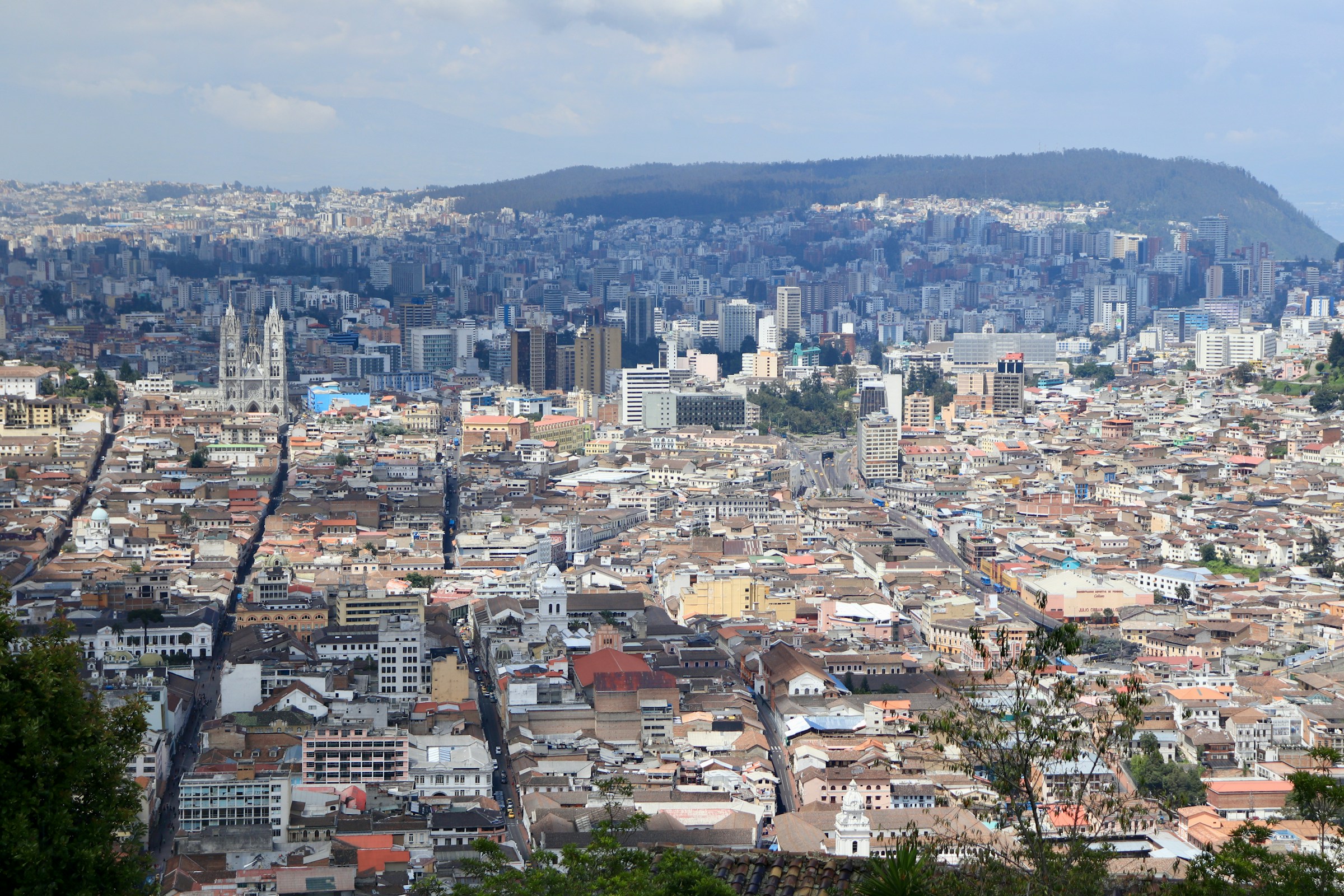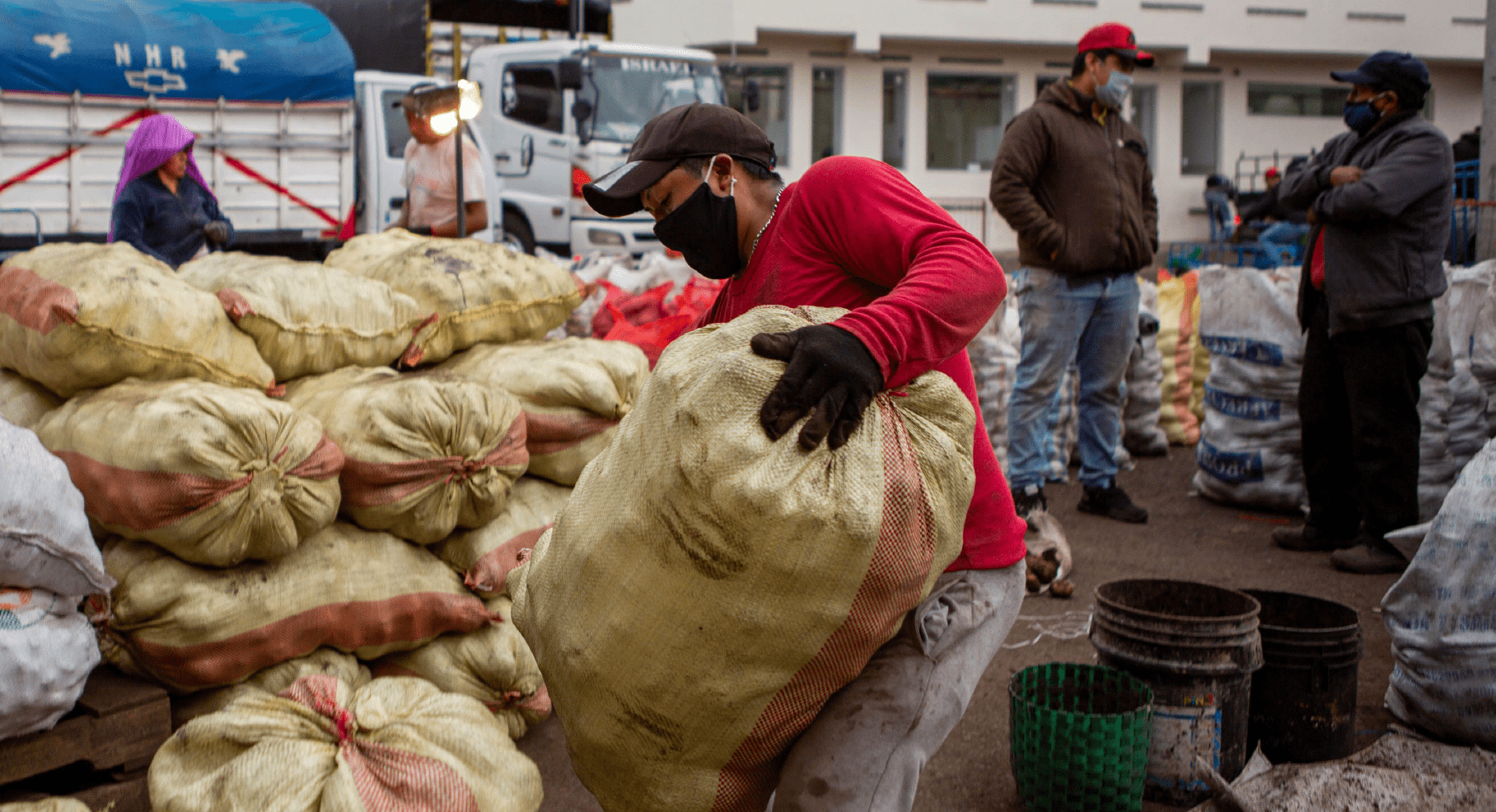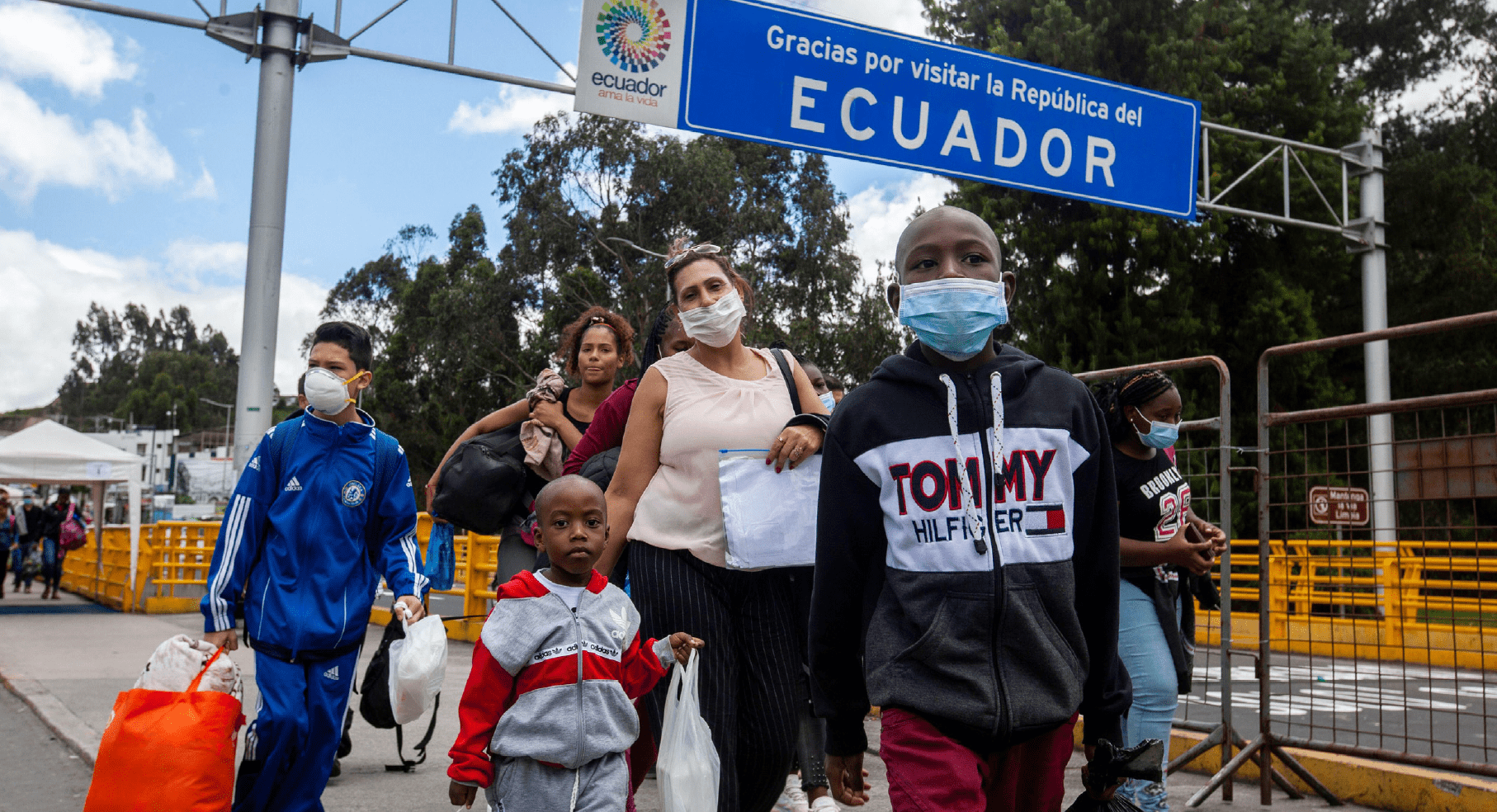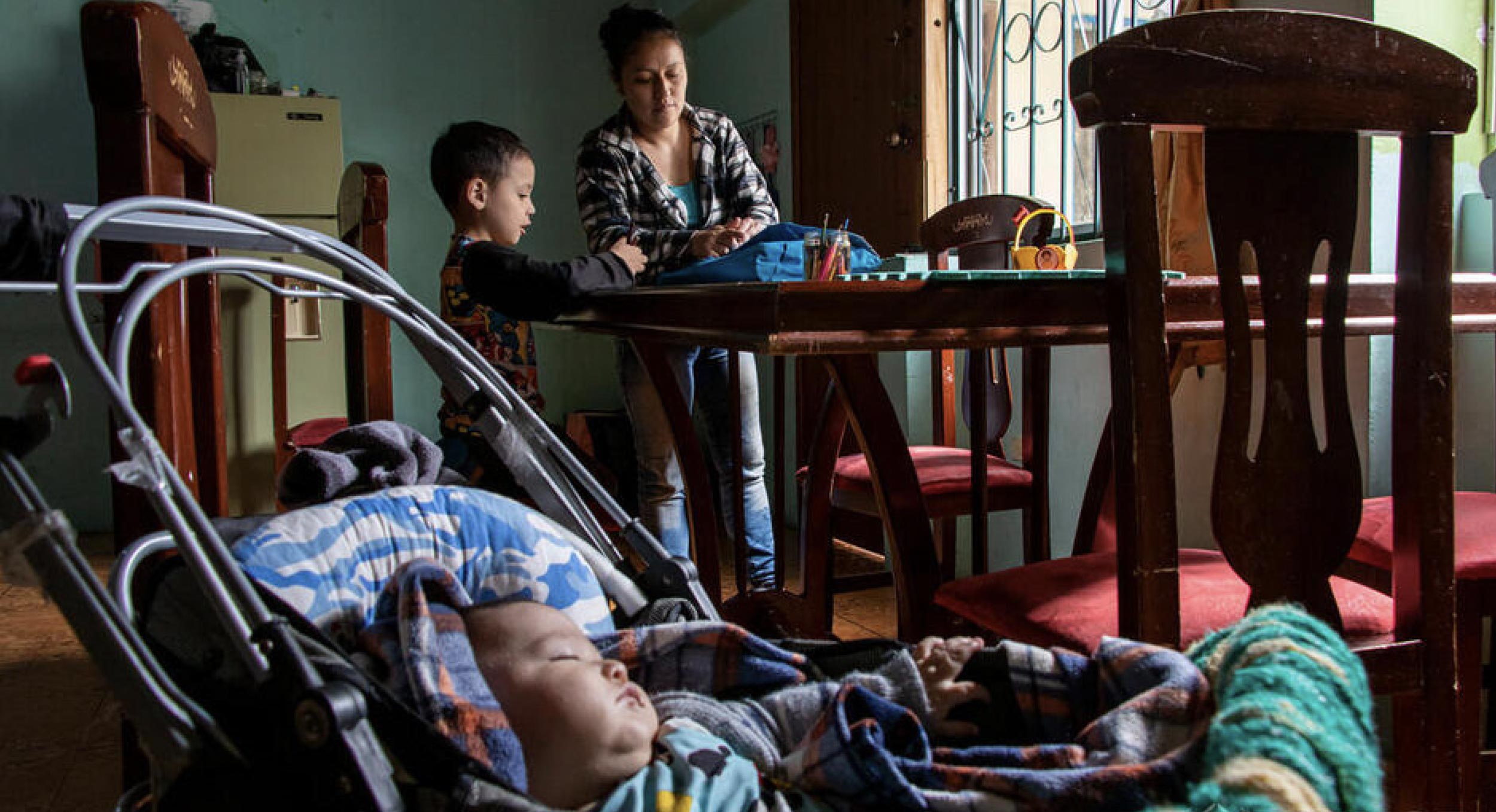ECUADOR
Ecuador has experienced dynamic migration flows since the turn of the 21st century. It has been the first destination of Colombian migrants and asylum seekers since the early 2000s, and the third destination of Venezuelans in South America since 2018. In all, 2.5% of the 16 938 986 people living in Ecuador are foreign-born, of which 51.4% are women. The majority of migrants live in the three most populated provinces: Pichincha, Guayas, and Manabí, where their predominant source of income is in the informal economy. Since the late 2010s, Ecuador has faced major challenges in terms of growing unemployment, informality, and poverty, as well as increasing insecurity. The deterioration of living conditions has prompted a spike in out-migration. By 2020, it was estimated that 1.13 million Ecuadorians lived abroad. In 2022, remittances reached 4.4 billion US dollars and contributed 4% of the country’s GDP. Following the worsening of living conditions, food insecurity has grown in Ecuador since 2016. In 2021, moderate to severe food insecurity reached 36.8%. Between 2019 and 2021, the prevalence of food insecurity for women was 7.2% higher, and it impacts urban more than rural areas, where its growing incidence in recent years has been linked to the contraction of household income.

Photo by Alejandro Alfaro M on Unsplash



